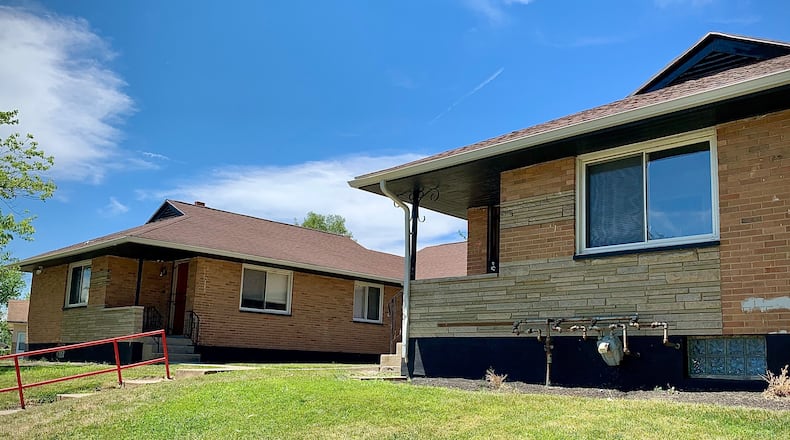The proposed zoning changes also would create new restrictions on all types of group home residential facilities, including those for foster care, sober living and supportive care for people with disabilities.
Residential facilities would be barred from opening within 1,000 feet of another facility; they wouldn’t be allowed on the same block as nuisance or condemned properties; they would be subject to inspections and would basically only be allowed in single-family structures.
Dayton Plan Board member Ann Schenking said the proposed zoning rules still would allow new group homes to open in certain parts of the city.
“This is a much better thing than what we have now,” she said. “But it isn’t necessarily going to make my neighbors feel better.”
The Dayton Plan Board unanimously voted to recommend that the Dayton City Commission approve a variety of zoning text amendments related to group homes. The city approved a moratorium on new group homes last summer because officials said there has been a huge local increase in these facilities, especially foster care group homes.
Mayor Jeffrey Mims Jr. has said the city has an oversaturation of foster youth group homes.
Dayton has about 62 foster care group homes. Twenty-one are located in west and southwest Dayton and 37 are located in northwest Dayton (also called the north central land use area), according to data shared by the city. Four foster group homes are located in the city’s northeast geography. There are none in downtown or southeast Dayton.
Dayton also is home to residential facilities for people recovering from substance abuse and addiction and community members who have disabilities.
New proposed zoning code amendments would prohibit each of the city’s geographies from having more than a dozen foster care group homes. Dayton has five land use areas, but downtown and southeast would be combined into one geographic area when it comes to this requirement.
The change would prevent new foster care residential facilities from opening in west and northwest Dayton. Existing homes would be allowed to continue to operate.
Dayton Zoning Administrator Kyrsten French acknowledged that the 1,000-foot distancing requirement could make it challenging to find properties that can be sober living or supportive care residential facilities in northwest Dayton that are far enough away from existing facilities.
But other parts of the city would present more opportunities for new facilities.
Local officials have said that the heavy concentration of foster care group homes in Dayton and Montgomery County has strained local law enforcement agencies, the courts, the juvenile justice system and social service providers. Dayton police responded to nearly 3,000 calls for service at foster care group homes in 2023, oftentimes when kids acted unruly, ran away or left without permission or came back after going missing.
Montgomery County Juvenile Court Judge Helen Wallace said she believes the proposed zoning regulations would help address the local oversaturation of residential facilities and would improve conditions for kids in foster care.
“We value and need well-run, structured and caring group homes,” she said. “These regulations will help group homes provide a better environment for kids who are placed in our community.”
Dayton City Commissioner Shenise Turner-Sloss and other city leaders have said that some group homes are in substandard and unacceptable condition, and kids in foster care and other vulnerable community members deserve to live in homes that are in decent shape.
Turner-Sloss last summer said she has five group homes on her block, plus three just around the corner.
Under the proposed zoning code changes and new state law, foster care group homes will be a conditional use, meaning operators will have to obtain a zoning certificate to open. Group homes have been allowed by right, only requiring a basic zoning permit.
Many people believe that a local lack of regulations on group homes explains why Dayton and Montgomery County have a large supply of these facilities. Another factor could be Dayton’s inexpensive housing stock.
Will Peterson, who says he represents a Dayton area youth group home association, last August said many kids in foster care group homes have experienced significant trauma and hardship, which often results in behavioral issues. He said group home operators want to work with the city to improve the lives of these kids and ensure their needs are being met.
“Together, we can make the situation better for the kids, their futures and our community,” he said.
About the Author




